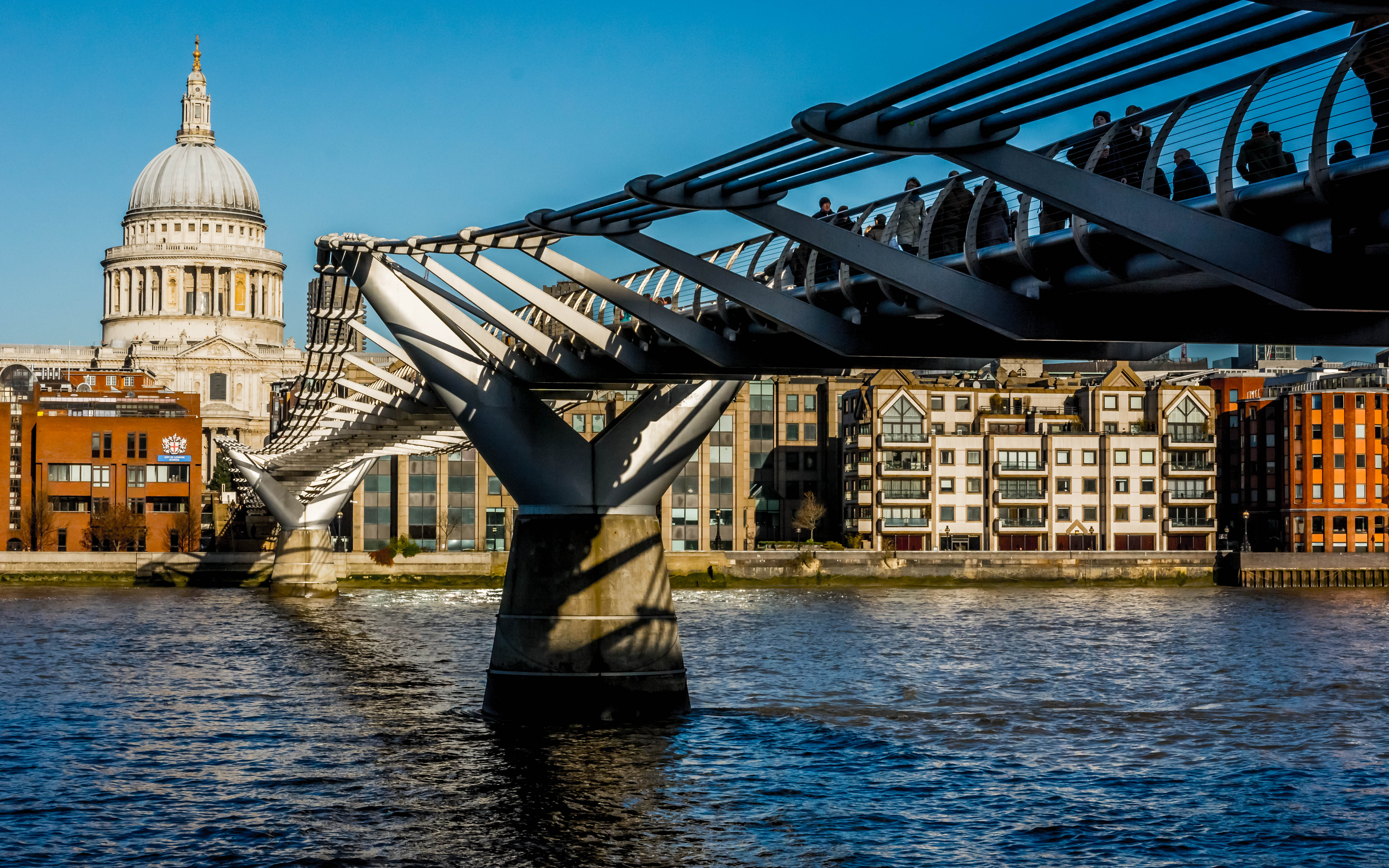London Now
I am currently Module Convenor for the MA optional module "London Now" on the University of Lincoln's MA in 21st Century Literature. The module is team-taught, and introduces students to the many and varied ways in which contemporary writers and dramatists have constructed the urban imaginary that is London in the 21st century. More than any other world city, London belongs to the global imagination: once the metropolis of colonial expansion, London is now alive with ethnic diversity, host to extremes of rich and poor, a site of pomp and pomposity as well as a hive of creativity and political agitation. London has been the literary centre of the English-speaking world for over 500 years and has been richly imagined by great writers from Shakespeare, Johnson and Dickens through to T S Eliot, Woolf and Orwell.
The key themes we explore during the module include cultural geography, the intersection of place, politics and representation in the work of Peter Ackroyd, Iain Sinclair, Simon Stephens and Kwame Kwei-Armah; imagined histories in the fiction of Hilary Mantel, Tracy Chevalier and Dan Simmons; apocalyptic imaginaries as envisioned by Will Self; second- and third-generation immigration to the city in Guatam Malkani’s debut novel; the question of Islamic militancy and London’s role in transnational political networks in Pauline Melville; and the diverse psycho-geographies of London’s inhabitants in the work of Mark Ravenhill, debbie tucker green and John Lanchester. We examine the continuous reinvention of London as a location by writers since the millennium. London’s identity as an economically, politically and multiculturally changing metropolis has prompted writers to produce a range of texts which construct London as a space in our consciousness as much as a representation of its bricks and stones. Some 21st century London texts explore the city’s history and rewrite London as a series of eras including the Tudor and Victorian and in historical contexts such as the revolutionary 18th century and World War II blitz, while others are informed by geographical agenda, re-writing, for example, the East End, Hackney or Harlseden. Finally, contemporary London as a site of both confidence and anxiety is taken up by some writers whose departures include the highs of winning the 2012 Olympics bid as well as post-7/7 trauma.
Image by Ben Cremin under a CC BY license.







 Dr Caroline Edwards is Senior Lecturer in Modern & Contemporary Literature at Birkbeck, University of London. Her research and teaching specialisms are in 21st century literature and critical theory, science fiction and post-apocalyptic narratives, Marxist aesthetics, and utopianism.
Dr Caroline Edwards is Senior Lecturer in Modern & Contemporary Literature at Birkbeck, University of London. Her research and teaching specialisms are in 21st century literature and critical theory, science fiction and post-apocalyptic narratives, Marxist aesthetics, and utopianism.
Follow / Contact